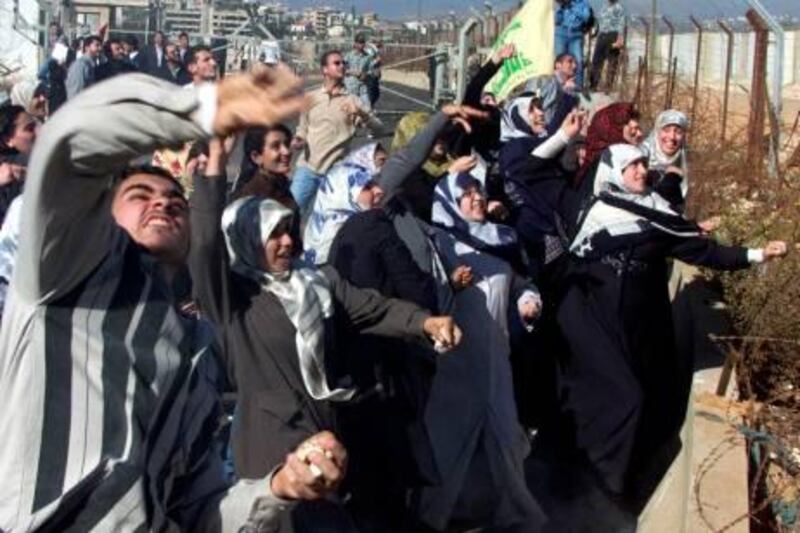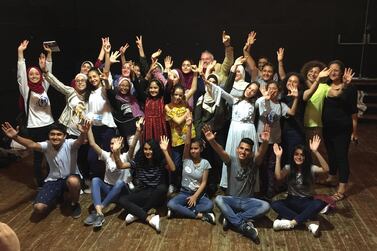An Israeli court ruled on Monday that the Palestinian Authority is responsible for 17 deadly attacks during the Second Intifada, which could lead families of victims to claim millions of dollars in damages from the Palestinian government.
The Jerusalem District Court ruled that the PA, the Palestine Liberation Organisation and former chairman Yasser Arafat were responsible for the attacks.
They were carried out in the 1990s and 2000s and killed Israeli citizens and soldiers.
Judge Moshe Drori wrote that the declared policy of the PLO and PA made them liable under the law, even if their personnel did not carry out or know about some of the attacks.
The Israeli judge also ruled that the semi-autonomous PA is not a state, and therefore not subject to sovereign immunity so it could be sued in an Israeli court.
The PA refused to take part in the case.
The repercussions and application of the ruling remain to be seen, but local media reported that the families involved in the case were considering asking the PA for $230 million in damages.
Mr Drori has ordered the PA, PLO and the estate of former PLO chairman Arafat pay $5.5m to the families involved in the case.
Another judge will determine the amount of damages because Mr Drori recently retired.
The court ruling also focused on the PA practice of paying monthly allowances to the families of Palestinians jailed or killed while carrying out attacks against Israelis.
The PA says it is a vital social service, given the poverty and hardships the families of those imprisoned endure.
"In public speeches, [the PA] said that each of the shahids (martyrs) were sent by them; they ordered financial support for the shahids in prison and their families, and also for the families of shahids who died while committing attacks," the judge wrote.
In April, Israel said it would detract a figure equal to the total PA prisoner payments from taxes that it transferred to the PA.
The Palestinian leadership has rejected all Israeli transfers since, saying that they object to Israel's claim and that the tax cuts set a dangerous precedent.
As a result, the cash-strapped PA, which was already facing budget deficits, has slashed the salaries of employees.
PA jobs have been one of the few sources of financial security for Palestinians struggling with a flailing economy in the occupied West Bank.






